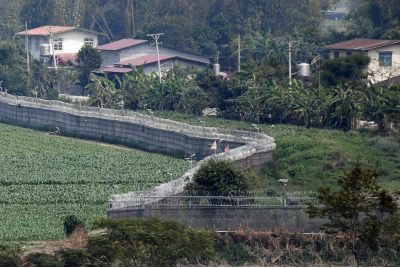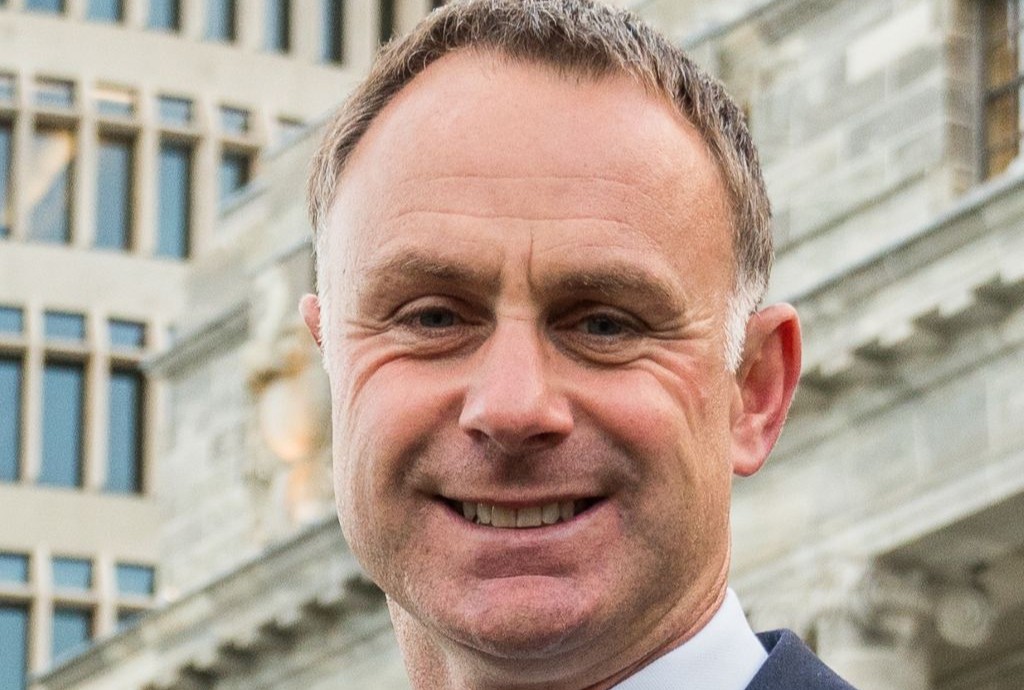Table of Contents
Communications with and within Myanmar continue to be difficult, with the regime now looking at a policy of “whitelisting”. I know that my own communications with Myanmar have been getting more difficult recently.
One of the many freedoms Myanmar people lost in the aftermath of the February 1 coup was the freedom to use the internet with relatively few restrictions. The junta has attempted to limit access to the internet through a combination of internet blackouts, website and platform bans, and criminalising the use of VPNs.
The first day of the coup saw internet blackouts that lasted hours at a time. Facebook was quickly banned after it became the platform of choice for those expressing online dissent against the coup. Twitter and Instagram were banned soon after, as were a number of websites, including news agencies like Myanmar Now, Mizzima, and DVB. The junta said they took these actions to prevent online platforms being used to incite unrest.
Internet blackouts were repeatedly put into place and the people of Myanmar have experienced constant internet shutdowns since the coup. For nearly 50 days all mobile internet was shut down. During this period, there were only around 500,000 connections to the internet in a country of 54 million.
The regime’s newest strategy to censor the digital space in Myanmar is to allow access only to approved websites and platforms on a “whitelist”, whereas before the entire internet was accessible except for blacklisted sites.
These bans, in addition to the recurring internet blackouts, disrupted even the most basic functions of the banking, education, transportation, and healthcare sectors.
“Private bank owners requested a solution to the internet issue at a meeting with the Central Bank to ease the use of banking applications. The Central Bank told us they would discuss our request with the related ministries,” said a private bank official who had attended the meeting.
The banking system is close to total collapse and the banks need communications restored.
In April, the rumours about whitelists emerged on social media and speculation was growing that the junta’s restrictions on internet access will worsen. Internet operators confirmed the existence of whitelists in June, though the junta has not publicly acknowledged the lists.
The junta’s Ministry of Transport and Communication restored access to the internet over mobile data in May, which it shutdown in mid-March. Some of the most popular websites and platforms like Facebook and Twitter remain inaccessible without a VPN. Some of the first apps that became usable again were mobile banking applications.
IT professional Naing Win said that while the military could not ban some cloudflare VPNs like google dns (domain name system), most VPNs could be shut down as whitelisting begins.
Source Frontier June 30th, 2021.
The result of the restrictions can be seen in the impact on service provider Telenor, which has written down to zero the value of its investment in Myanmar.
After writing off the value of its Myanmar unit earlier this year, the local situation has not improved, leaving Telenor considering withdrawing.
The start of 2021 saw massive upheaval in Myanmar, as a military coup took power from the elected government, plunging the country into disarray.
For Norway’s Telenor, who operates one of the largest mobile networks in the country, this political instability has been disastrous. The military junta has suppressed communications channels at various times, even going so far as to order mobile operators to cease mobile and wireless services almost entirely in some instances.
Back in May, the extent of the impact to Telenor Myanmar’s business was becoming clear, with the operator forced to write off their $782 million investment in the country.
“Due to the worsening of economic and business environment outlook and a deteriorating security and human rights situation, we see limited prospects of improvement going forward. Based on this, we have fully impaired Telenor Myanmar,” said Telenor CEO Sigve Brekke.
At the time, Brekke was quick to quell suggestions that Telenor would be leaving the Burmese market entirely, arguing that the operator could still “make a difference” to the nation’s future.

Now, however, it seems that Telenor may be considering pulling out of Myanmar after all, with the company saying that it is now “in the process of evaluating various options with regards to its presence in the country”.
Reports suggest that investment bank Citi has been hired to sell the unit, with non-binding bids due to be received in the coming weeks.
The political situation in Myanmar has not quietened in recent months, with Telenor’s Q1 earnings report showing that the military crackdown on communications had cut their subscription and traffic data in half.
Telenor has had a commercial presence in Myanmar since 2014 and currently employs around 750 staff in the country.
Source Total Telecom 2nd July 2021.
The hot money is on the Junta and/or their cronies picking up Telenor for a song. They can make it very difficult for Telenor to sell to anyone else, despite the obvious impact that would have on other foreign investors in Myanmar.
To add to Myanmar’s troubles, reports are coming in of Chinese troops massing on Myanmar’s Northeast border. This is in theory to be ready to go and protect Chinese interests in Myanmar if necessary, especially the pipeline from China to the Indian Ocean through Myanmar. This is a Belt and Road initiative and if China sent troops (invited or not) into a recipient of a BRI project that would send a worrying message to the rest of the world. It may well be counter-productive in putting off any further projects, but that would be handled by the Chinese government in the future. It is not too far fetched to say that Victoria and New Zealand should consider their approach to inward investment from China.
There is now potential for international escalation as Chinese troops are reported to be assembling in Jiegao, an important border town, which is not unexpected during periods of elevated tension. The troops are said to have rapid response capabilities if it is deemed necessary to guard the Kyaukpyu pipelines. The pipelines are a significant part of China’s Belt and Road Initiative in Myanmar, along with the Muse–Mandalay highway, the Myitkyina Industrial Zone and the Yangon Redevelopment plans. These projects could bind the two countries together at a functional level even when the governments scarcely speak to each other.

It was always difficult to believe that there were no Chinese boots on the ground ready for just such an occurrence, although rumours were difficult to substantiate. Plans have certainly been drawn up should the worst eventuate and pose a serious threat to the wellbeing of prominent Chinese interests in Myanmar.
The likelihood of ASEAN–Chinese joint action to stabilise the country seems unlikely, given ASEAN’s institutional weakness. Perhaps there is an opportunity for the Biden administration to engage China in talks over maintaining order, which could act as a confidence-building measure more generally. If not, then China might see an opportunity to take its cross-border influence to a new level by partnering openly with one or more of the parties involved in fighting.
China would be likely to receive support from both Laos and Cambodia in this respect, given the level of investment already targeted there. The generals who run Thailand have been reluctant to criticise China and complied with the request to return Uyghur refugees some years before. As Thai dissidents are being silenced in the region, now is unlikely to be the time that Bangkok changes its tune. Indeed, the Thai navy has just taken delivery of three Chinese amphibious tanks.
Please share this article so that others can discover The BFD









